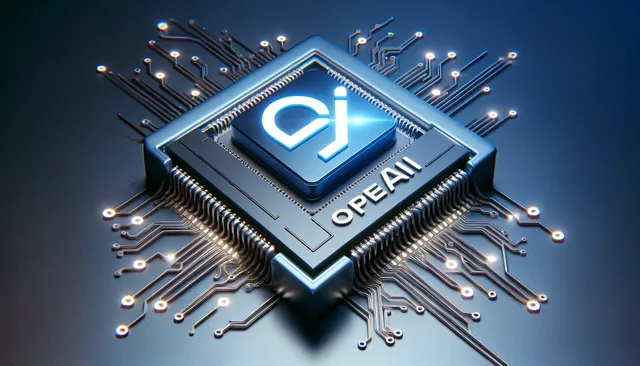
The news about OpenAI's CEO Sam Altman seeking a substantial investment for a new AI chip project has been making waves, and understandably so, given the amount being discussed is between $5 trillion to $7 trillion.
According to reports, this initiative is aimed at significantly expanding the global capacity to produce chips necessary for advancing AI technologies. The endeavor involves discussions with investors, including the government of the United Arab Emirates, and proposes a partnership model involving investors, chip manufacturers, and power providers to create new chip foundries.
The amount mentioned is unprecedented in corporate fundraising and could be a game-changer for AI infrastructure.
The semiconductor market, which has been facing constraints due to high demand, could benefit from such an injection of funds.
This initiative also aligns with the Semiconductor Industry Association's forecast of a significant increase in global chip sales, reaching $595.3 billion this year.
The scale of this project is vast and not without challenges.
It's comparable to the combined economic growth of the entire world in a year and could potentially reshape the semiconductor landscape.
The plan would likely require massive amounts of electricity to power AI facilities and necessitates the construction of numerous chip-making plants over the coming years. It is still in the early stages of discussion, and there has been no public comment from Sam Altman about these reported discussions.
While the ambition is clear and could revolutionize the AI chip sector, some skepticism is natural due to the sheer size of the funding target and the potential implications for the industry and economy.
The initiative could bring significant advancements in AI infrastructure, but its effectiveness and feasibility, including the risk of creating a bubble in the AI sector similar to the dot-com bubble, will require careful consideration.
The comparisons drawn with the dot-com bubble point towards the potential for overvaluation and a rapid increase in investment that may not necessarily be sustainable in the long term.